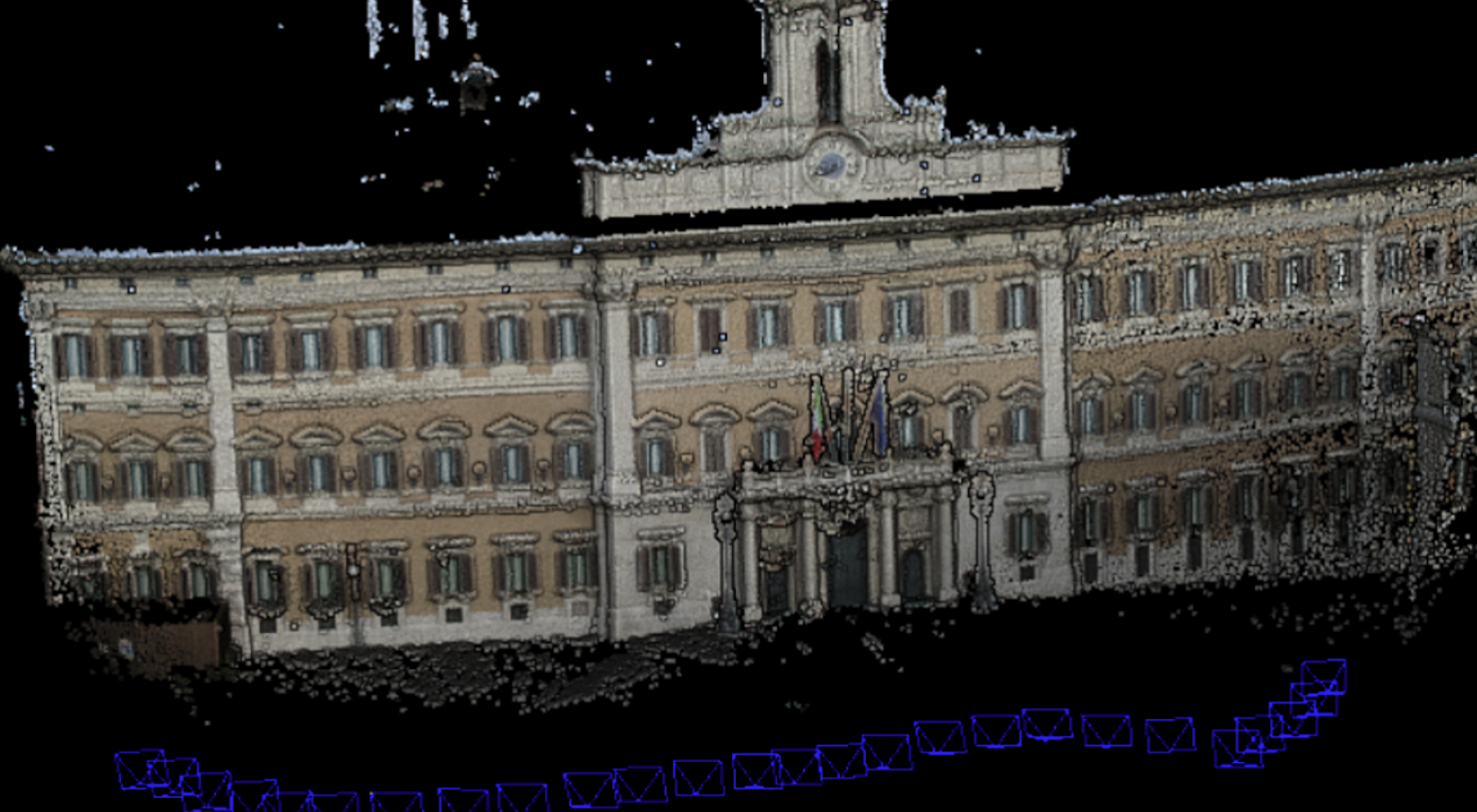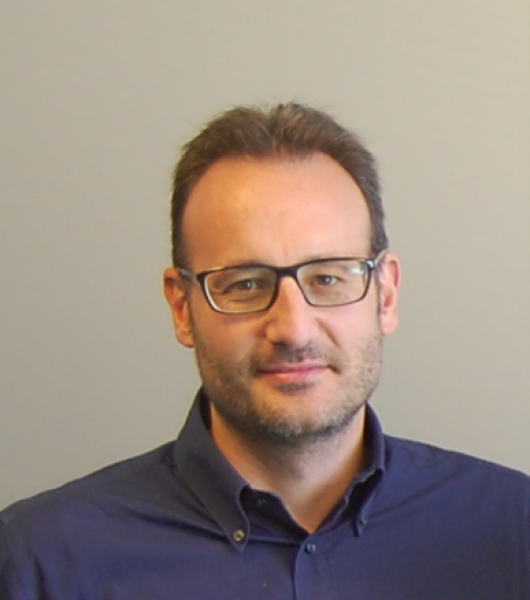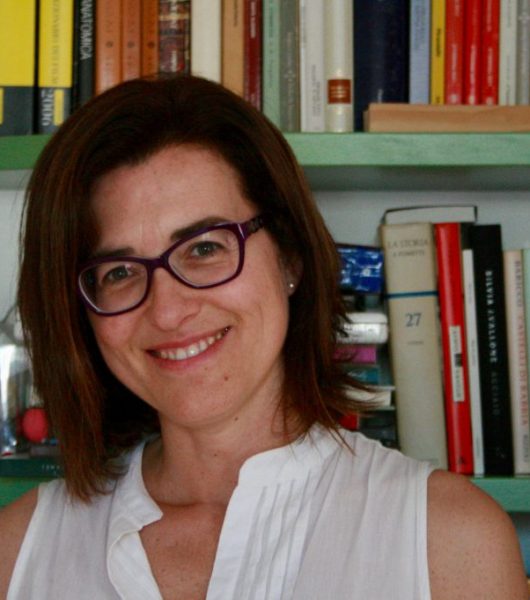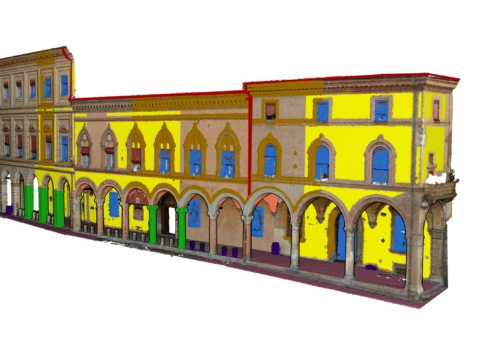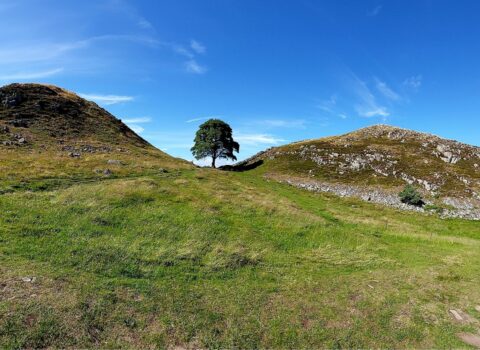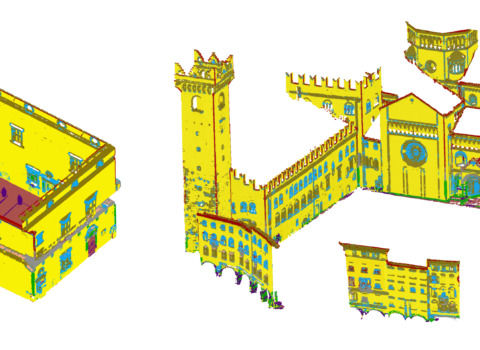
Advanced digital technologies for cultural heritage
Three European projects start their activities with a kick-off meeting at FBK's main offices in Trento
Supporting the digital transition in the European Union’s cultural sector by making high-quality content available through the use of advanced technologies. That, in a nutshell, is the common goal of the three European scientific projects XRCulture, 3DBigDataSpace, and 3D-4CH in which Fondazione Bruno Kessler is participating and which will kick off next week in Trento, Italy, at FBK’s main offices on Via S. Croce.
They are specifically about 3D and extended reality (XR) technologies, a frontier that includes all immersive technologies that can expand the real world and combine it with virtual elements.
The three projects are the winners of a European call in which they were selected as the best in the field and are funded through the Digital Europe Program.
“The 3DOM unit of FBK joins all three projects – says Fabio Remondino, technical coordinator of the 3D-4CH project. FBK-3DOM will act as technical partner to make available high quality 3D and XR contents in the European cultural heritage data space and to help cultural institutions to make the most of opportunities offered by 3D and other advanced technologies.”
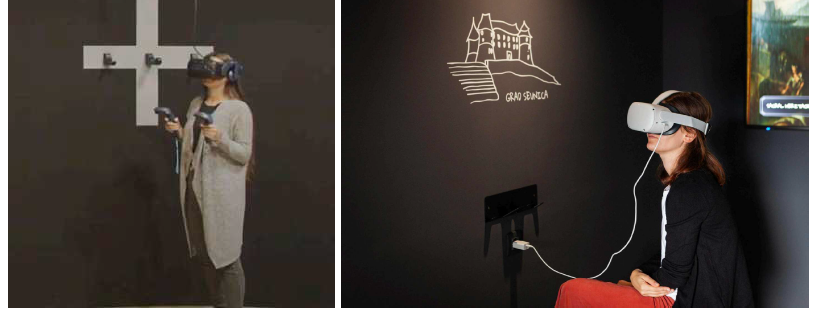
“XRculture will establish best practices for the adoption of these emerging technologies, thereby accelerating the digital transformation of cultural heritage institutions” – says Marco Medici (INCEPTION), coordinator of the XRculture project. “Project activities will serve as a foundation for developing XR applications tailored to various use cases (e.g. preservation, education and tourism) and applicable in different scenarios, such as museum collections, heritage at risk and lost heritage”.
The XRculture project consortium includes, in addition to Fondazione Bruno Kessler (3DOM Unit) and coordinator INCEPTION (Italy), also the Ministry of Culture (Italy), Europeana (Netherlands), IN2 Digital Innovations Gmbh (Germany), Arctur (Slovenia), RDF Ltd. (Bulgaria), Pixelated Realities (Ukraine), Università Politecnica delle Marche (Italy) and Talent Anonymos Etairia Pliroforikis (Greece).

“The availability of 3D content is yet the bottleneck for XR / 3D applications in heritage” – says Sander Muenster (Time Machine Organisation), coordinator of the 3DBigDataSpace project. “With the advent of large scale datasets, a significant amount of 3D data is available but of limited use for heritage stakeholders and applications due to the heterogeneous and often lacking quality of data and metadata. Consequently, we want to offer a better utilization of 3D content, including long term availability of datasets, increased findability and reusability to serve heterogeneous requirements within different usage scenarios”.
The project involves, in addition to Fondazione Bruno Kessler (3DOM Unit) and Time Machine Organization coordinator (Austria), Friedrich-Schiller-Universität Jena (Germany), in2 Digital Innovations GmbH (Germany), Europeana (Netherlands), INCEPTION (Italy), Rooom AG (Germany), The Hunt Museum (Ireland), Instytut Chemii Bioorganicznej Polskiej Akademii Nauk (Poland), Universidad de Vigo (Spain), Conferencia de Rectores de las Universidades Españolas (Spain), European Historic Houses (Belgium).
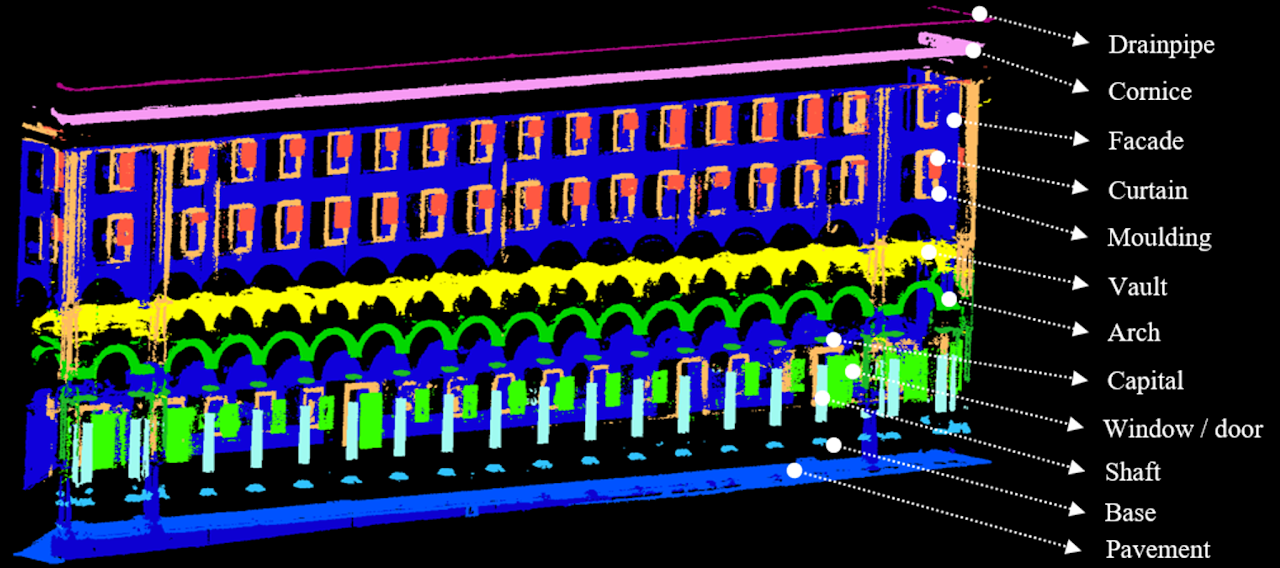
“Finally, the 3D4CH project will provide assistance to cultural institutions with regard to the planning of their digital transformation through the creation of an online competence centre that supports learning and collaboration, provides a clear framework for finding useful resources and is guided by the needs, aims and values of the sector”, explains the coordinator Marco Medici (INCEPTION).
As part of the project, FBK’s MT Unit will provide state-of-the-art machine translation technology to translate training materials available through the Competence Center’s platform into multiple languages. “This initiative,” says Luisa Bentivogli, head of the MT Unit, “will enhance accessibility and expand the reach of essential training resources, equipping cultural heritage professionals across Europe with the skills needed to effectively utilize advanced 3D technologies.”
The first public event of the 3D-4CH project will be held on Wednesday, February 19, at FBK main offices in Trento (Via S. Croce). Key experts and stakeholders will gather to discuss the role of 3D digitization, the impact of the Competence Center and synergies within the cultural heritage ecosystem. On the agenda is the participation of the European Commission (DG CNECT G2) and two expert talks. In two panel discussions, the role of Centers of Expertise will be discussed with the participation of representatives from the Common Data Space and Collaborative Cloud for Cultural Heritage initiatives.
The event will be streaming on the FBK YouTube channel.
